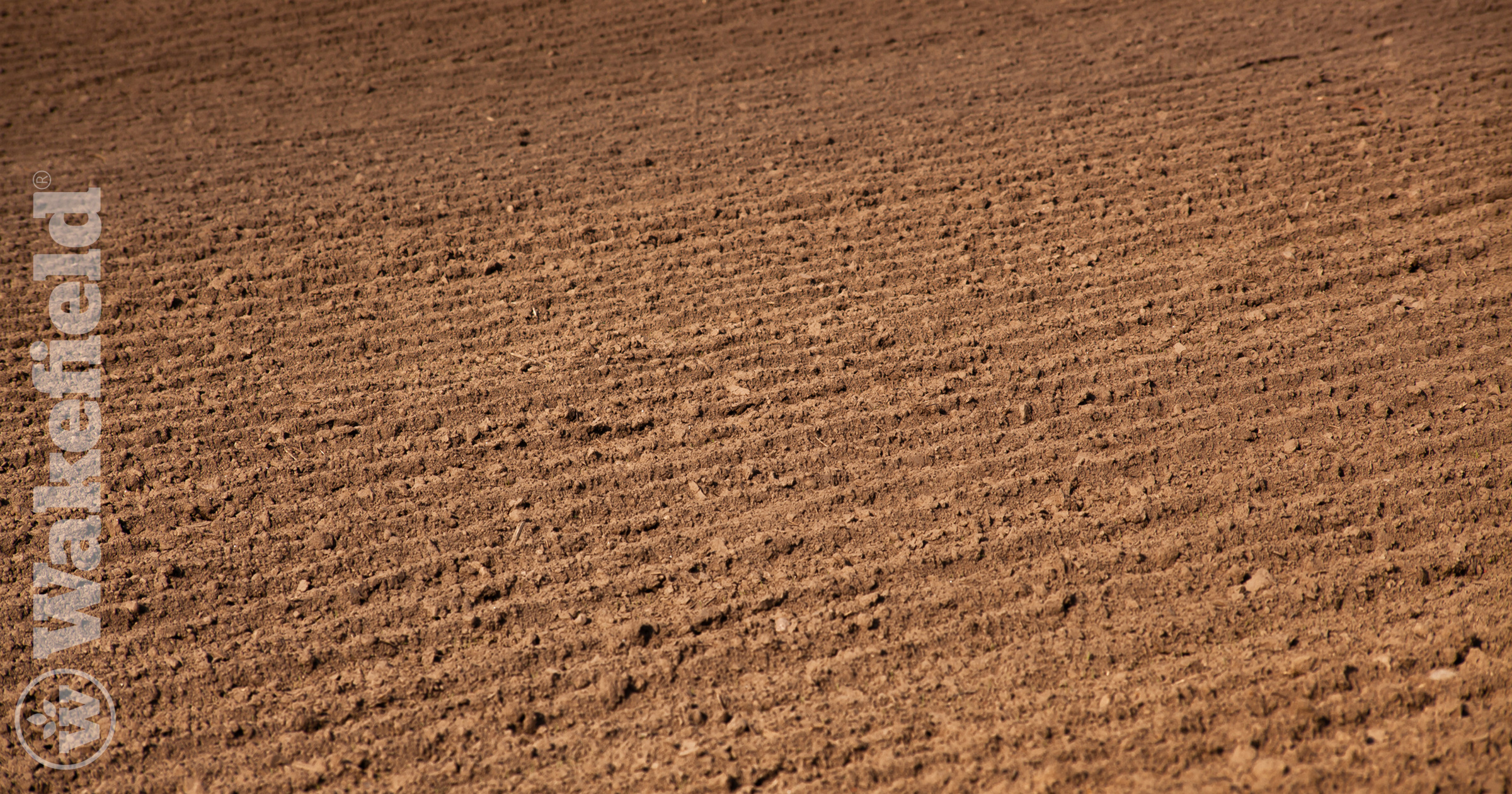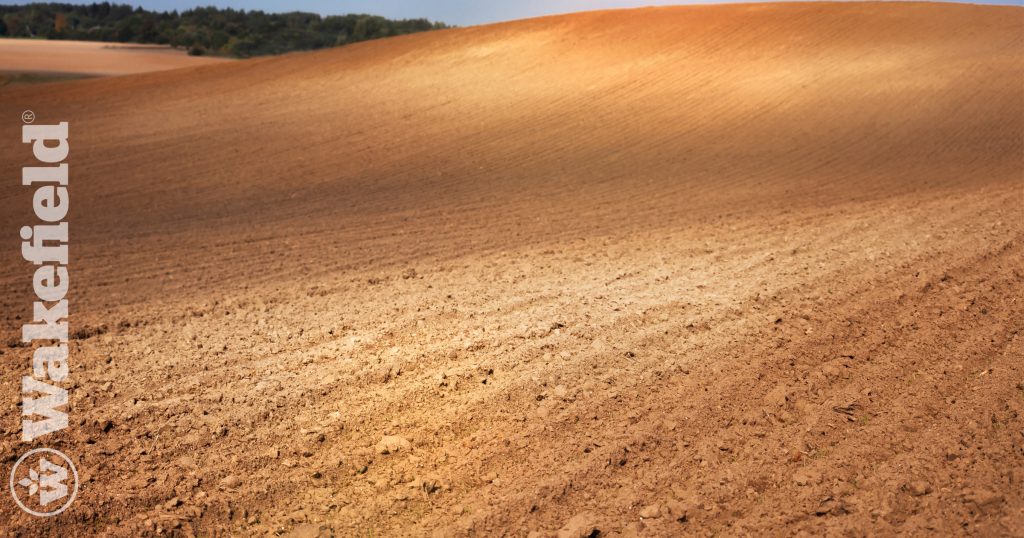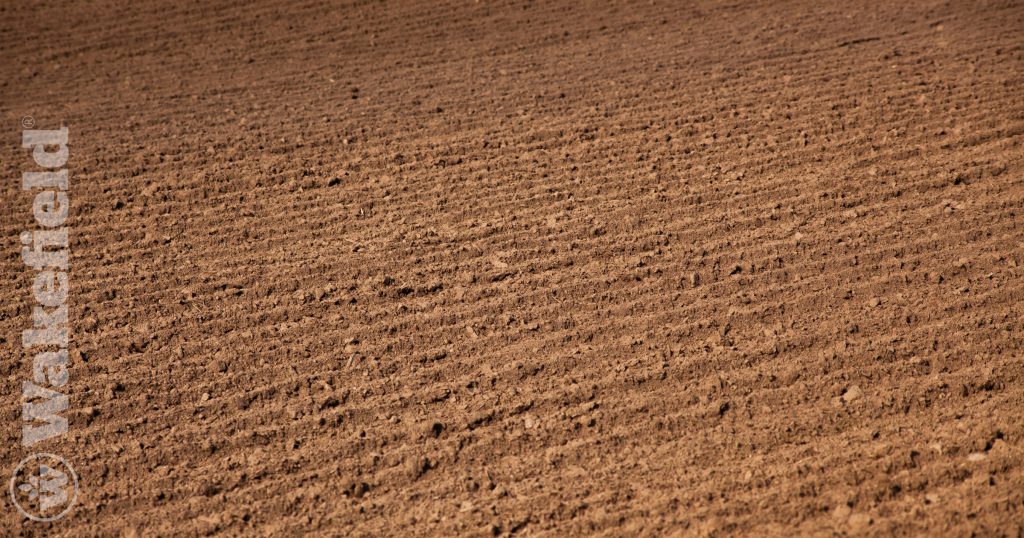Loamy Soil Conditions

Loamy soil conditions are perfect for gardeners and farmers because they hold moisture well and drain efficiently. This balance ensures that air can reach the roots, making it an ideal environment for most plants. By adding a premium biochar soil conditioner and compost, you can improve the quality of loamy soil even further. Expect higher crop yields or bigger blooms when you use these amendments.
How to Improve Your Soil with Wakefield BioChar
Using Wakefield BioChar products is simple. Just mix biochar with your soil during composting, potting, or tilling. The amount of biochar you need will depend on your soil’s condition and use, but most gardens benefit from having about 5% to 10% biochar in the planting area. There are many exciting benefits to using biochar in home gardens and agriculture.
Understanding Loamy Soil
What is Loamy Soil?
Loamy soil is a favorite among soil types due to its structure. Soil particles fall into three main categories:
- Sand: These large particles allow good airflow but don’t hold water well.
- Clay: These small particles hold water but don’t drain well or permit aeration.
- Silt: Medium-sized particles that balance the properties of sand and clay.
Loamy soil contains an even mix of sand, clay, and silt, providing the best qualities of all three. It is rich in nutrients and contains essential minerals for plants.
How Loamy Soil Affects Plant Growth
Most plants thrive in loamy soil because it holds moisture well while maintaining good drainage. This means roots get enough air to grow healthily. The balance of particles in loam also makes it very fertile. For example, the large sand grains help prevent compaction, and the silt allows clay and sand to blend together smoothly. Beneficial microorganisms and worms move freely through loamy soil, improving its quality further.
Amending Loamy Soil
Even though loamy soil is already high-quality, it can always be improved. Adding biochar to loamy soil can boost its structure and increase crop yields by up to 10%. This is an ongoing process. Each fall, mix biochar with organic matter like composted livestock manure, garden compost, or peat moss to enhance your soil.
Benefits of Biochar for Loamy Soil
Biochar can improve loamy soil’s water retention, aeration, and drainage, enhancing its overall fertility. Here’s how it works:
- Water Retention: While the clay in loamy soil helps retain water, biochar can further assist in holding water and nutrients.
- Microbial Activity: Biochar increases the activity of beneficial microbes, which play a crucial role in soil health by cycling nutrients and decomposing organic matter.
- Carbon Sequestration: By adding biochar to the soil, carbon is captured and stored, reducing the amount of carbon in the atmosphere and helping to mitigate climate change.
Sustainability and Carbon Credits
Biochar has been used to improve soil for hundreds, if not thousands, of years. At Wakefield BioChar, we convert biomass waste from paper mills into biochar, contributing to sustainability. Our production process also generates carbon credits, which help reduce greenhouse gas growth. By using biochar, you can lower your carbon footprint and enjoy healthier gardens or crops.
Better soil. Better world.







